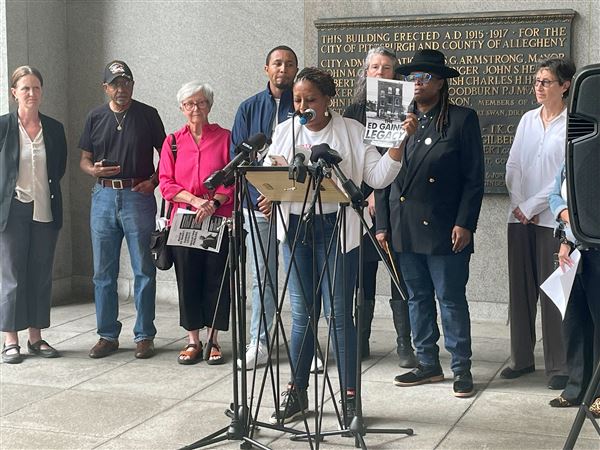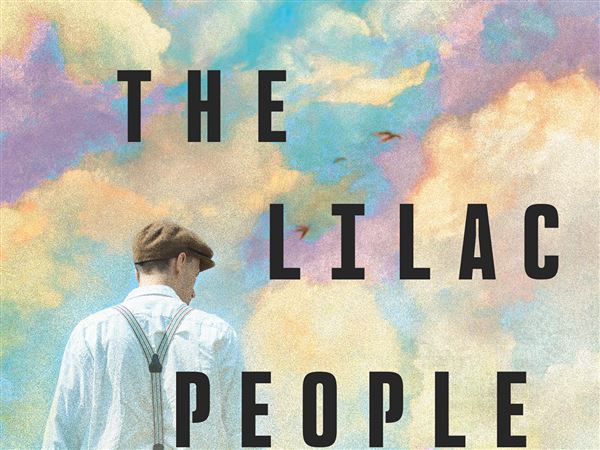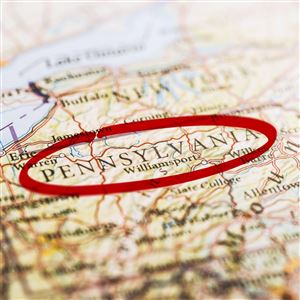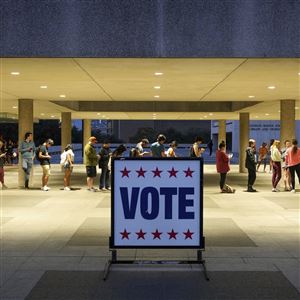In the upcoming Pennsylvania Senate race, arena rocker Ted Nugent has endorsed Republican candidate Mehmet Oz, but folk rocker Jackson Browne supports Democratic candidate John Fetterman. What’s a Pennsylvania voter to do? The media and the candidates care a lot about endorsements.
Do they work? Yes and no.
Political scientists know that endorsements work in one sense. When you learn someone you like likes a candidate, you start to like that candidate more, too. But endorsements are unlikely to prompt an Oz voter to switch to Fetterman, or vice-versa. They don’t even make much difference even when the differences between candidates are small.
Why don’t endorsements change voters’ minds? Because virtually nothing does.
Most voters vote the same way in every election. Endorsements are meant to target so-called “swing” voters. We typically think of swing voters as deciding which candidate to support as they go to the polls on Election Day. Maybe they weigh each candidates’ endorsements as they make their final decision. But that’s not what happens.
For swing voters, according to political science research, elections do not help them pick a candidate. Elections help them to decide whether to vote.
Some people are super-voters. They vote in every election, rain or shine, ragingly competitive or uncontested. Some people never vote. Voting in the United States is hard relative to other democracies, what social scientists call “costly.”
Non-voters in the US must track down documents, figure out eligibility requirements, learn where their registration and polling places are, know when the election is, all before even starting to think about which candidate they will vote for. (Super-voters already paid this costs in some previous election, so they get this election for free.)
Elections, then, tend to be decided by people who sometimes vote. Political scientists call this the calculus of voting: These people vote when the benefits of voting are greater than the costs of voting. In simpler terms, people vote when it is both easy and rewarding. What makes people think voting is rewarding?
Super-voters love voting. They always think voting is rewarding. Non-voters do not think voting is ever rewarding. Even if something changes the rewards, they are unlikely to be paying enough attention to notice anyway.
Swing voters are the ones who vote when the rewards go up. What is that reward? The reward for voting is getting to join with others in supporting their candidate or group.
If a politician or group has already helped a swing voter to decide that voting this time will be rewarding, endorsements let voters know they can get even greater rewards by also voting for the endorsed candidate. So endorsements matter — but only if they encourage people who are already planning to go to the polls to vote for the endorsed candidate while they are there.
In general elections, the super-voters and even the sometimes voter have the the all-important party cue telling them which candidates to vote for. Endorsements are notably important in primary elections, where that cue isn’t there.
Think of Joe Biden’s primary win in Minnesota in 2020. “We won because of Amy Klobuchar,” he said the day after the primary victory, and he was probably right. Klobuchar had been campaigning hard in her home state before she dropped out just before the primary. Her supporters already planned to vote: They knew where to go and what to do. Her endorsement told them they should still go to the polls, but vote for Biden instead, and it probably worked.
One other thing: If you aren’t on (or at least near) the ballot, your endorsement won’t increase your candidate’s votes, regardless of how many hit albums you have. That’s because affecting elections means affecting turnout, and that means going door-to-door, talking directly to voters, helping them to get to the polling places.
This view of endorsements, then, may bring up an important question about one of the oddest sets of endorsements in the 2022 election: Why on earth would a bunch of retired Republican politicians bother to endorse Democrat Josh Shapiro in the governor’s race? There are precisely zero voters who had planned to cast a ballot for Doug Mastriano but will now go to Shapiro when they hear about the endorsement.
Rather, the Shapiro endorsement could increase the rewards for GOP swing voters. Casting a ballot for a candidate you dislike is hardly rewarding. Better to stay home than have to vote for a disliked Republican or worse, a Democrat. This is a problem for other PA GOP candidates, because if Mastriano deters GOP voters from voting, they lose votes they would have gotten if the voters went to the polls.
The GOP Shapiro endorsement is not about the decision of whether to vote for Shapiro instead of Mastriano. It is about the decision of whether to vote. “Voting is still rewarding,” the endorsement says to anti-Mastriano GOP voters. “We will still get the benefits of voting for the rest of the GOP team, and you can, too.”
Kristin Kanthak is associate professor of political science at the University of Pittsburgh.
First Published: July 21, 2022, 4:00 a.m.
















